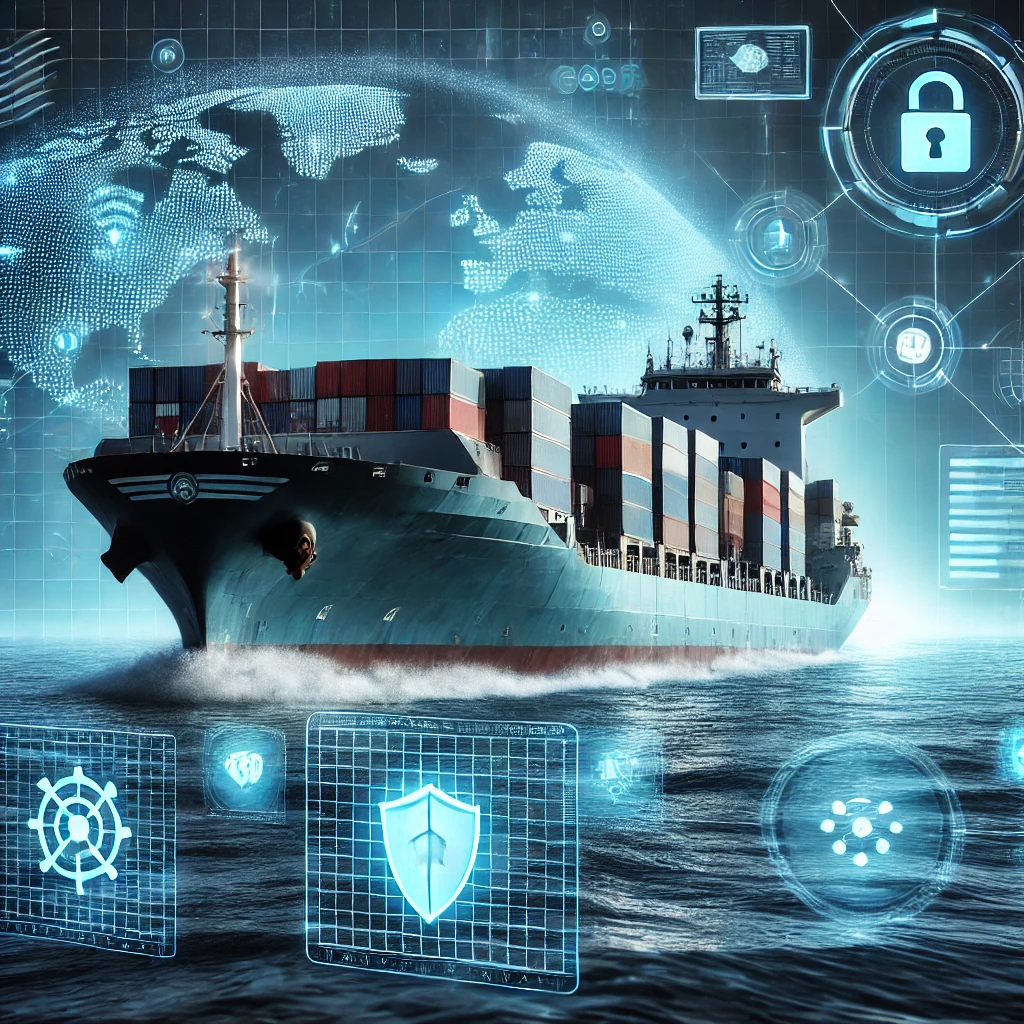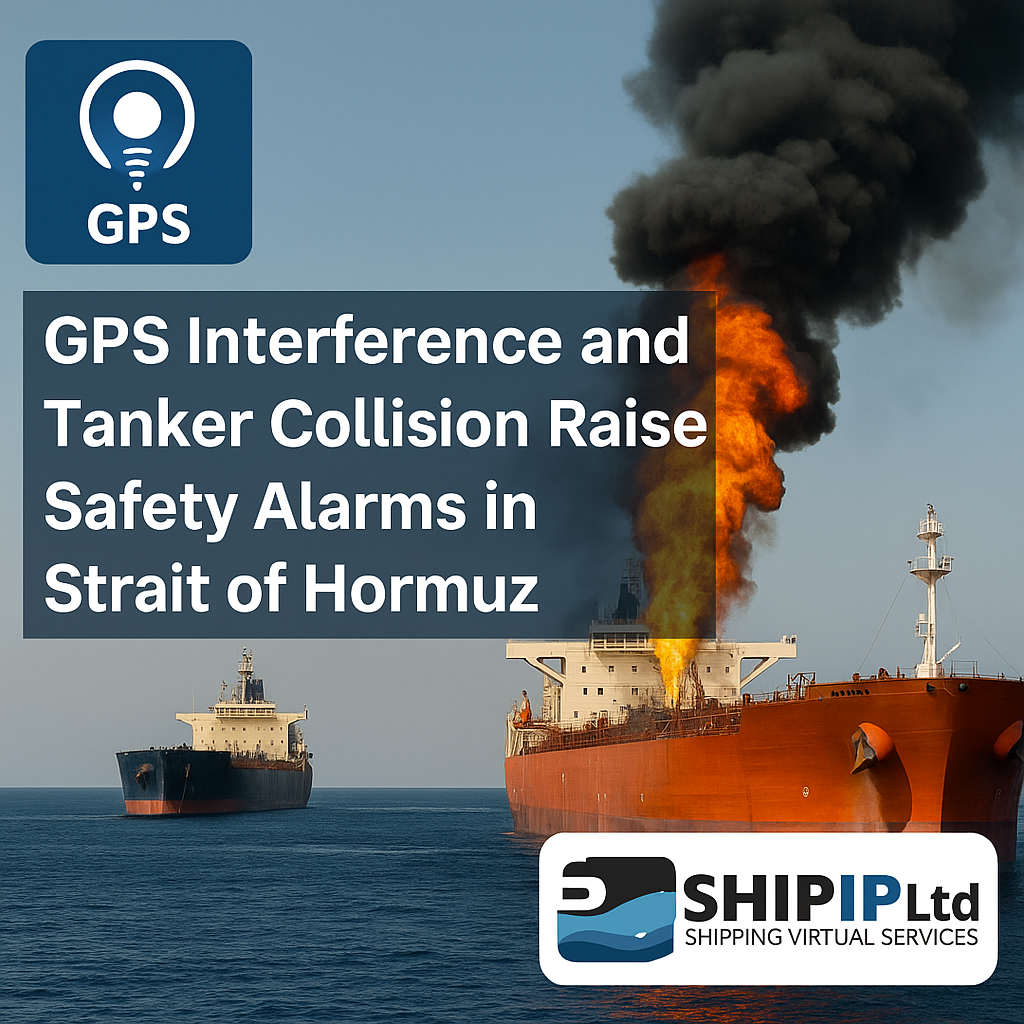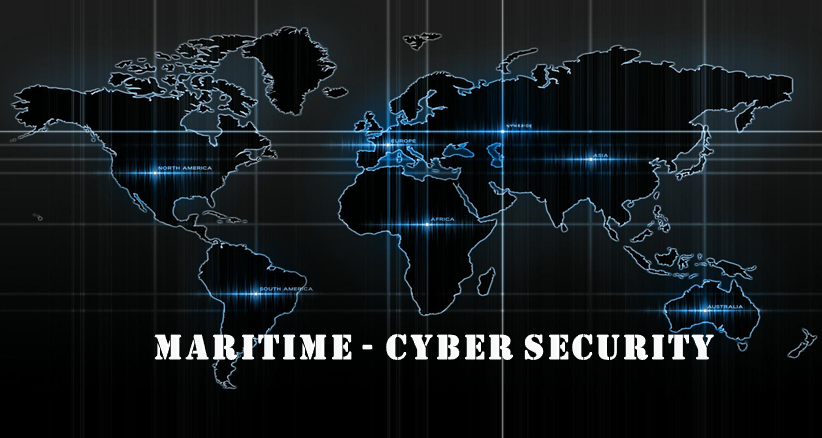Optimising vessel operations has become crucial for the industry to achieve sustainability and decarbonisation goals. In the long term, large investments will focus on building ships ready for alternative fuels, but in the meantime, owners and operators are turning to digitalisation technologies to save fuel and emissions by becoming more energy efficient.
Owners and operators are also using faster low-latency satellite communications to tackle the challenges of retaining and retraining crew, and to keep track of growing fleets and changing trading patterns. Communications, digital applications and electronic hardware help to tackle these issues, enabling owners to offer career development pathways, almost limitless communications, and technology to make seafarer’s lives easier.
Shipping has turned to digital applications, low-latency connectivity, cloud-based solutions, artificial intelligence and machine learning, while tackling cyber risks with enhanced security.
New LEO constellations overtake established GEO
One company run by an established billionaire, who will soon be part of Trump’s new US administration, has transformed maritime satellite communications during 2024 with owners installing new technology to keep up.
Elon Musk’s SpaceX’s Starlink low Earth orbit (LEO) satellite constellation has revolutionised maritime and offshore communications, providing fast connectivity with low latency to vessels, for crew welfare services and operational applications.
LEO satellite communications has taken the maritime sector to new heights in terms of providing connectivity and welfare support to seafarers. Starlink has become popular with the masses with shipmanagers, owners and operators increasing its deployment across fleets. Whereas two years ago, flat-panel antennas for Starlink were only just being tested, now it is difficult to find a ship without Starlink on board.
Another LEO constellation gaining traction is Eutelsat OneWeb, albeit at a slower pace, with early adoption on offshore vessels, drilling and production facilities. As this global coverage is implemented, more cruise and commercial ships will consider this as a viable alternative. Marella Cruises is investing in OneWeb to operate alongside Starlink on its cruise ships.
Despite the rise of LEO, there is still demand for reliable geostationary orbit (GEO) satellite communications and very small aperture terminal (VSAT) connectivity, but distributors are integrating these services into hybrid smart solutions, where connections will take the cost-efficient, secure pathways. There is also still a need for L-band through Inmarsat, Iridium and Thuraya for maritime safety and security communications.
Inmarsat has reacted to LEO competition by launching a combined hybrid of GEO with LEO and long-term evolution (LTE) in one package. Global container shipowners K Line and Hapag-Lloyd are testing out NexusWave with an eye to roll it out across their fleets.
Class raises requirements for cyber resilience
As the maritime industry adopts more digitalisation applications and ships become more connected, they come under greater risk of cyber attacks. Therefore, enhancing cyber resilience and security is essential to ship operators, owners and builders.
In 2024, the International Association of Classification Societies (IACS) introduced unified requirements (URs) for cyber security and outlined how to demonstrate compliance with them. These URs, E26 and E27, are seen as new benchmarks for shipping’s response to its growing exposure to cyber attacks.
As of 1 July 2024, updated URs E26 and E27 require newbuild vessels and their connected systems to meet certain minimum and unified cyber-resilience standards.
UR E26 is aimed at ensuring the secure integration of both operational technology (OT), information technology (IT) and equipment in a vessel’s network, during the design, construction, commissioning and operational life of the ship.
This UR targets the ship as a collective entity for cyber resilience and covers five key aspects: equipment identification, protection, attack detection, response and recovery.
UR E27 is written to support manufacturers and OEMs of onboard operational systems and equipment in evaluating and improving their cyber resilience. This has led to suppliers and system integrators introducing upgrades to ensure cyber resilience. It also encouraged classification societies to develop and introduce their own interpretations of these URs.
Introducing IACS requirements and raising awareness and demand for enhanced cyber security has led to a trend of class societies acquiring companies with these skills. One of the main deals in 2024 was DNV’s acquisition of CyberOwl, which regularly reports on the shipping industry’s risks and responses to cyber attacks.
According to a study led by CyberOwl published in Q4 2024, a typical fleet of 30 cargo vessels now experiences an average of 80 cyber incidents a year. The study found the average cost of unlocking computer systems in the maritime sector reached US$3.2M.
We can expect more advanced and integrated solutions to be unveiled and new innovative cyber threats to emerge in 2025.
Source : Riviera









